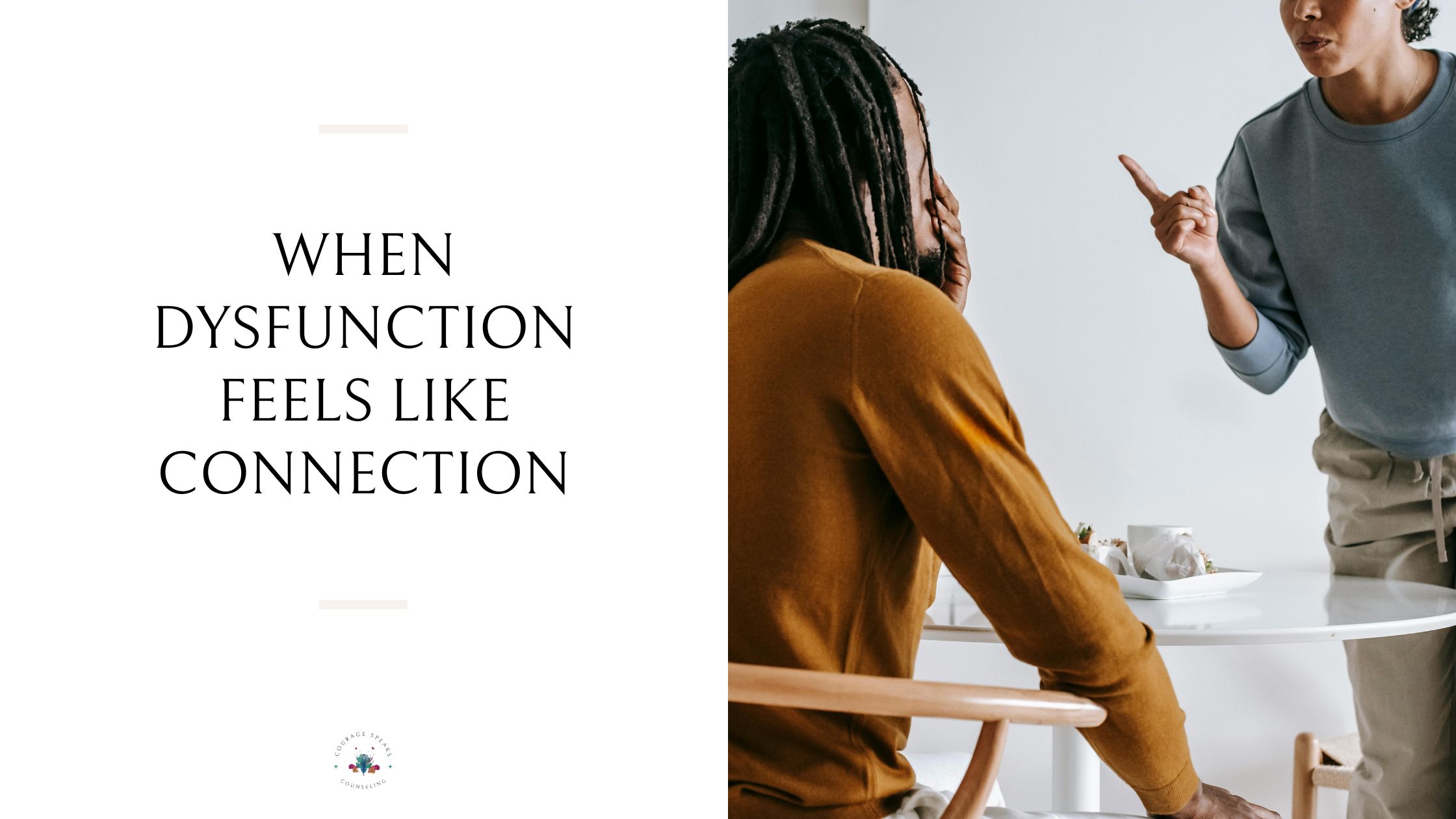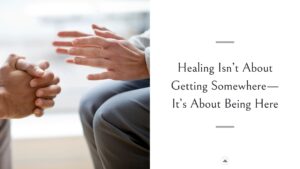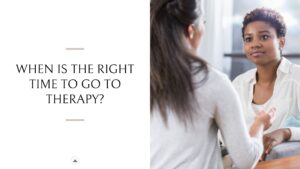
Before, After, and Now: Healing After Life-Altering Events
Healing isn’t about returning to who you were—it’s about learning to live fully in the present and trusting the unfolding of your journey after life-altering events.

It’s a common fear, though not often spoken out loud: “What if, when we finally heal, we don’t want to be together anymore?”
For couples who have built their connection around shared wounds, this question can feel like an unshakable shadow. When dysfunction has become the foundation of a relationship—whether through codependency, constant conflict, or shared survival patterns—it can create the illusion of closeness. But what happens when one or both partners start to grow, heal, and change? Does healing mean losing the bond you’ve shared?
To explore this fear, we first need to understand how unhealed wounds can create the sense that a relationship “works.”
In relationships built on unhealed patterns, what feels like love can sometimes be the pull of old wounds trying to resolve themselves. If one partner grew up feeling unseen, they may unconsciously choose someone who is emotionally unavailable, hoping to finally “earn” their love. If another partner learned that love meant sacrifice, they might constantly overextend themselves, believing that caretaking is the only way to stay connected.
These patterns don’t happen on a conscious level—they’re survival strategies we learned long before we even understood what relationships were. And when two people’s wounds seem to fit together, it can feel like a deep, magnetic connection. The conflict, drama, or codependency may feel painful, but it also feels familiar—like home.
In this way, dysfunction can feel safe, even comforting, because it keeps us in a dynamic we already know how to navigate. It allows us to avoid the terrifying uncertainty of stepping into something unfamiliar, like healthy love.
Healing disrupts these dynamics. When one partner begins to break free from old survival strategies, the entire relationship is forced to shift. This can feel destabilizing for both people, even if the changes are positive.
For example:
• If one partner begins to set boundaries where there were none, the other might feel rejected or abandoned.
• If one partner stops needing to “fix” the other, the other might feel they’re no longer cared for.
• If both partners begin to heal, they might start questioning whether the relationship was built on true compatibility—or shared pain.
This is where the fear often comes in: “If we heal, will we still want each other?” The uncertainty can feel like too much to bear, so it’s tempting to cling to old patterns just to keep the connection alive.
The fear of healing and losing the relationship is real—but it’s also worth questioning. What if healing doesn’t mean losing the connection but transforming it into something deeper? What if the parts of you that first connected through pain could now connect through growth?
This shift requires a willingness to see the relationship differently. Instead of viewing the bond as something that must stay the same, it becomes a living, evolving thing—one that grows with you.
When both partners commit to their own growth, the relationship can become a space for curiosity rather than control, connection rather than attachment. Healthy love doesn’t mean there’s no fear or discomfort, but it does mean making room for all of it—yours and theirs—with honesty and compassion.
Of course, the fear that healing will lead to separation isn’t unfounded. Sometimes, as people grow, they do realize their relationship isn’t aligned in the way they hoped. And that’s painful.
But even if that happens, healing is never a loss. Growth allows you to show up more fully in your life, whether in this relationship or another. It gives you the capacity to love and be loved in ways that aren’t defined by pain.
If the relationship does end, it’s not because you failed—it’s because you succeeded in choosing yourself. And from that place, you can trust that whatever comes next will be built on something true, rather than the survival patterns of your past.
Healing in a relationship isn’t about growing apart—it’s about growing alongside each other. It’s about allowing space for both partners to evolve, while creating new ways to connect that aren’t rooted in old wounds.
If you’re in a relationship where this fear is present, know that it’s okay to feel uncertain. It’s okay to grieve the familiarity of what you’ve known, even as you reach for something healthier. But don’t let the fear of change stop you from growing.
Because the truth is, when you heal, you give the relationship a chance to become something neither of you could have imagined before—something built not on fear, but on love that’s free to thrive.
Embracing Shadows, Illuminating Hope,
Chelsey Fjeldheim, LCSW
Empowering Souls on the Path of Healing
Copyright © 2025 Chelsey Fjeldheim, Courage Speaks Counseling

Healing isn’t about returning to who you were—it’s about learning to live fully in the present and trusting the unfolding of your journey after life-altering events.

Healing isn’t about fixing yourself. It’s about staying present, feeling fully, and letting transformation happen without force.

There’s no perfect time to start therapy, but if you feel stuck, disconnected, or overwhelmed by change, it might be the right time to explore it.

Because you matter. You are important. You are worth it.